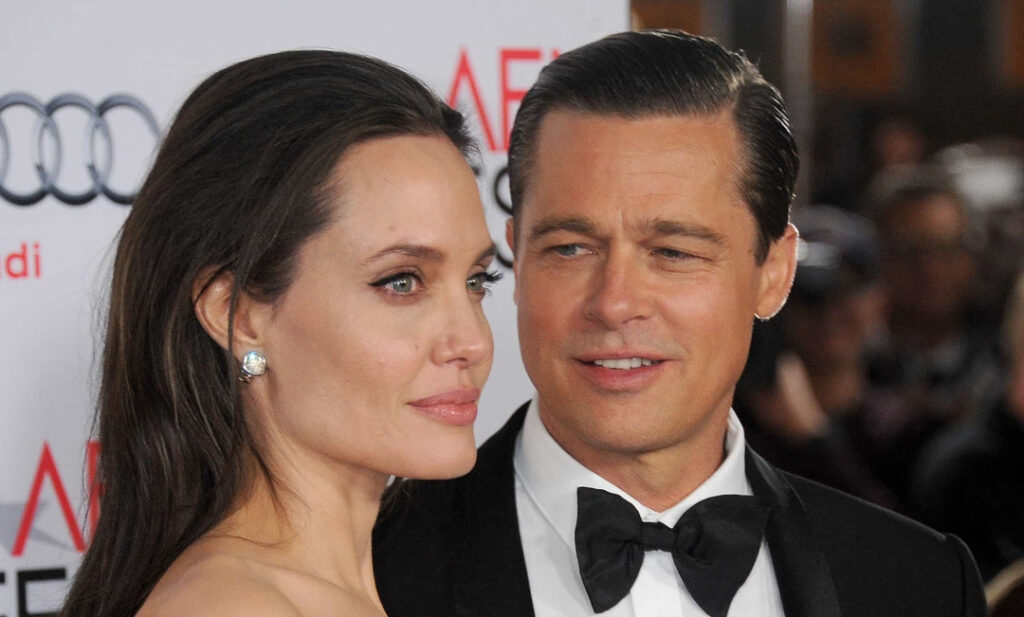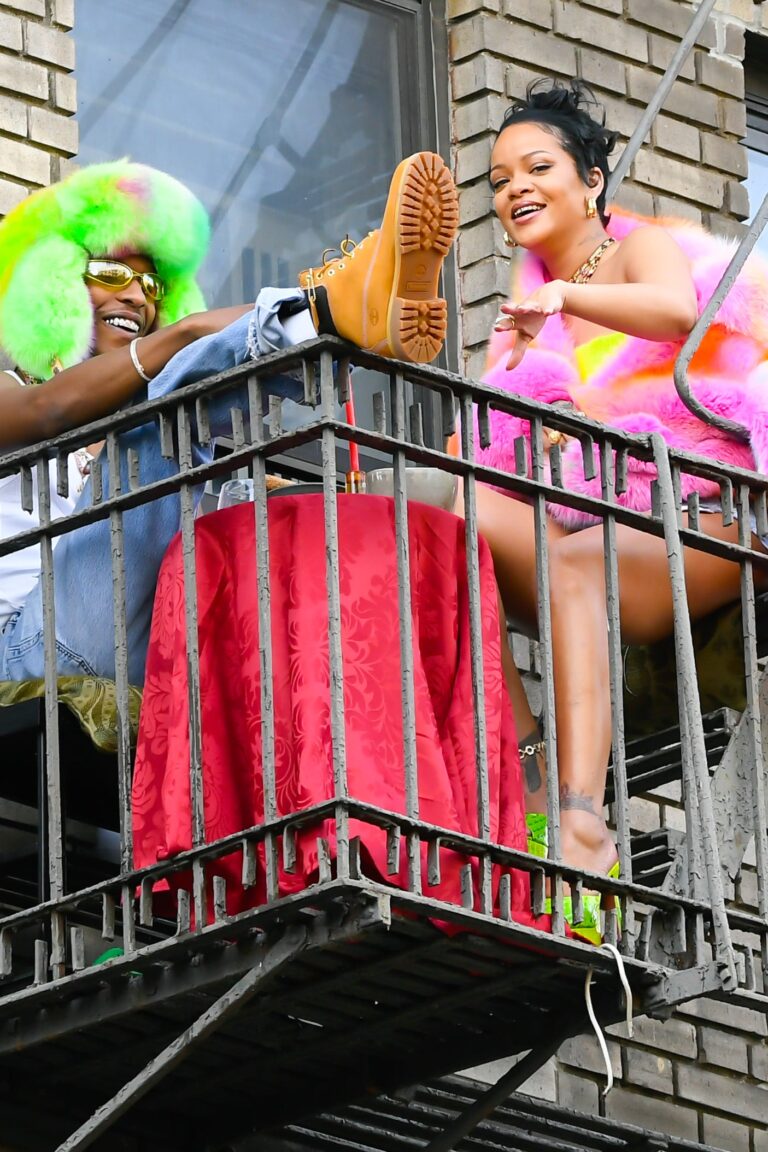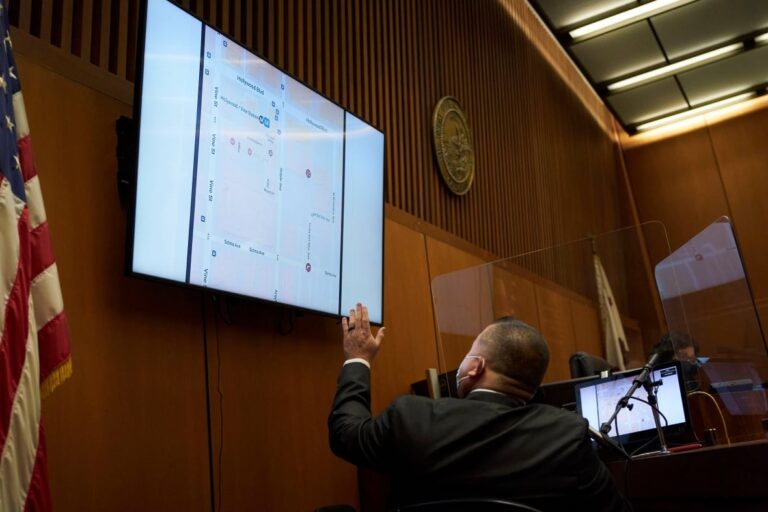
Audience
- Sentiment: Neutral
- Political Group: Liberal
- Age Group: 18-34
- Gender: Female
Overview
- Jane Doe withdrew her lawsuit against Diddy and Jay-Z regarding a 25-year-old sexual assault allegation.
- The case highlights the complexities of sexual assault allegations and the challenges faced by victims in seeking justice.
- The dismissal raises questions about memory reliability and the balance between support for victims and scrutiny of accusations.
A Controversial Case: Understanding the Lawsuit Against Diddy and Jay-Z
In a surprising turn of events, a woman named Jane Doe has decided to withdraw her lawsuit against two of the biggest names in the music industry: Sean “Diddy” Combs and Jay-Z. The lawsuit alleged that she faced sexual assault 25 years ago when she was just 13 years old. This decision to drop the case, filed “with prejudice,” means Jane won’t be able to re-file it in the future. The news surrounding the dismissal has sparked conversations about sexual assault, accountability, and the complexities of the legal system, especially when it comes to cases that are decades old.
Upholding a high profile
So, who are the people at the center of this saga? First up is Sean Combs, widely known as Diddy, who has made a name for himself as a rapper, producer, and entrepreneur. He’s often viewed as a larger-than-life figure in the music world. On the other hand, Jay-Z, born Shawn Carter, is another titan in hip-hop, recognized not only for his music but also as a successful businessman. Both men have had towering impacts on the culture and entertainment industries. But their fame also comes with scrutiny, especially when serious allegations like these arise.
The lawsuit was filed in October 2024, claiming that Jane Doe was drugged and raped at an MTV afterparty in the past. The act of coming forward to accuse someone famous can be incredibly daunting. People often wonder—how does one muster up the courage to fight a legal battle against someone with so much power and influence? It’s a big deal, considering the stigma that often surrounds sexual assault victims. Unfortunately, the journey can be complicated, and it takes immense bravery to confront such traumatic experiences.
The dismissal of the lawsuit has led to different reactions in the public eye. Jay-Z’s attorney celebrated the news, calling the allegations false. This points to the dichotomy of public opinion; some believe every accusation should be taken very seriously, while others feel that accusations, particularly against well-known figures, need to be scrutinized carefully. Jay-Z himself had previously labeled the handling of the case as problematic and claimed that Jane’s memories had inconsistencies. It raises a significant question: can old memories be reliable witnesses to past events? Memory can be tricky and subjective, especially when it involves traumatic experiences.
Despite the arguments from Jay-Z and Diddy, Jane Doe has steadfastly maintained her claims, emphasizing that her experiences are valid and her voice should be heard. The entire legal process can be intimidating, and withdrawing from such a lawsuit doesn’t necessarily mean she’s admitting the allegations were false; it could be a reflection of personal choice or challenges she faced while navigating the legal system.
The Legal Maze
Lawsuits related to sexual assault are often wrapped in complexities that can baffle those not well-versed in legal terminology. The concept of filing “with prejudice” is particularly interesting. When a lawsuit is dismissed with prejudice, it means that the case is closed and cannot be brought back to court. This aspect can be a double-edged sword. For some, it provides closure, while for others, it leaves a sense of unfinished business. This particular closure could be seen as a win for Diddy and Jay-Z but a loss for Jane, who may have wanted her day in court to tell her story and seek justice.
Addressing sexual assault, especially accusations that date back decades, has always been a polarizing topic. Some people argue that it’s crucial to bring such incidents to light, as they shed light on ongoing issues of power, control, and victimization in society. Others might argue that the time elapsed can lead to complications in recalling the events accurately or gathering substantial evidence. This case challenges us to think critically about these issues and to avoid jumping to conclusions based purely on public opinion or media portrayal.
The Culture of Celebrity and Accountability
The world of celebrity culture complicates the dynamics surrounding lawsuits like Jane Doe’s. We often glorify famous figures, putting them on pedestals and treating them as untouchable icons. However, this culture can also create obstacles for survivors who wish to come forward. Imagine being a young woman in today’s society, trying to share a traumatic experience from decades ago. The fear of being doubted, ridiculed, or shamed can be overwhelming.
In the wake of the #MeToo movement, there’s been a significant shift in how society views allegations of sexual misconduct. Platforms for survivors to share their stories have increased, but so has backlash against those accusations. Celebrities like Diddy and Jay-Z have massively loyal fan bases, and defending them in the face of such accusations can lead to heated debates online and offline. It’s essential to navigate these conversations thoughtfully, recognizing the complexity of human experiences without dismissing anyone’s truth.
Personal Stories Matter
Personal stories are powerful in shaping our understanding of difficult topics like sexual assault. Even though the specifics of Jane Doe’s case may not resonate with everyone, her experience is a reminder that every person has their truth. The dismissal of this case does not erase whatever pain she might have felt or continues to feel, and it’s crucial not to overlook that. We should employ empathy and understanding when discussing sensitive issues, especially when they involve aspects of trauma that many people face.
More conversations need to happen regarding the complexities of sexual assault, from the perspectives of both alleged victims and the accused. It’s crucial that we approach these discussions with a balance of sensitivity and seriousness.
Conclusion
As we reflect on Jane Doe’s decision to withdraw her lawsuit against Sean “Diddy” Combs and Jay-Z, it brings into focus important discussions about accountability, memory, and the high stakes involved in legal battles where power dynamics are at play. We must ask ourselves: how can we ensure that victims feel supported when they come forward with their stories? Also, how can we fairly evaluate allegations against prominent figures without falling into the traps of bias or sensationalism?
It’s a nuanced issue, and it’s one that merits discussions beyond the headlines. What do you think about Jane Doe’s decision to drop her lawsuit? How should society better support survivors of assault? I’d love to hear your thoughts, so feel free to share in the comments below!






